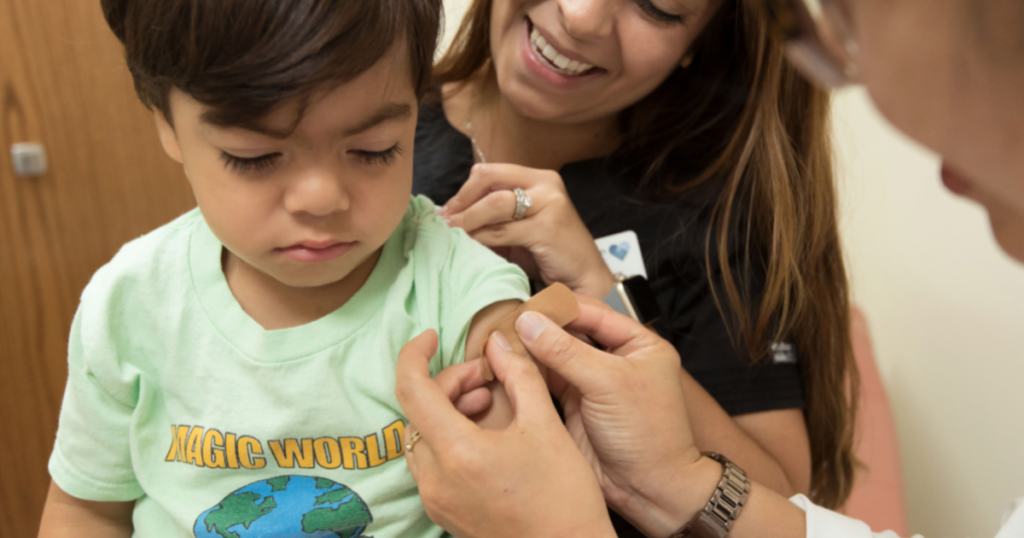All Mainers deserve access to affordable health care. The Affordable Care Act was intended to make this a reality, but tens of thousands of Mainers are excluded from the ACA’s health insurance subsidies because of a loophole known as the “family glitch.” A bill under consideration by the legislature (LD 1463) would fix the family glitch by continuing an annual fee on for-profit health insurers.
Under the ACA, individuals qualify for subsidies to purchase health insurance through the individual marketplace if their income is above 139 percent of the federal poverty level and they don’t have an affordable insurance option through their employer.
Under current law, plans that cost more than 8.5 percent of a family’s income are considered unaffordable, making that individual or family eligible for subsidies. However, if one family member has an offer of employer-sponsored insurances that meets the affordability criteria for a single individual, their entire family loses access to subsidies — even if coverage for the whole family is unaffordable.
This problem is known as the “family glitch.” According to a new estimate by the Kaiser Family Foundation, 34,000 Mainers currently fall into the family glitch. Most are children, and almost half come from families with incomes below 250 percent of the federal poverty level – around $55,000 for a family of three.
LD 1463 would help solve this problem by providing state subsidies to families who do not currently qualify for federal subsidies due to the glitch. These state subsidies would be paid for by reinstating at the state level a health insurance assessment that was levied on for-profit insurers by the federal government from 2014 through 2019. During that period, insurance companies paid a fee to the federal government to help families who had fallen into the glitch.
Reinstating this fee at the state level makes a lot of sense. For starters, health insurance companies can afford it. In the first quarter of 2021, the three major for-profit health insurers operating in Maine — Aetna, as part of CVS Health, Anthem, and UnitedHealth — collectively posted profits equivalent to $35 billion annually.1
In addition, providing health coverage to more people makes sound economic sense. Using this fee to give more people access to routine checkups and other preventative care, would result in fewer Mainers relying on the emergency room for treatment or needing expensive treatment for a late-stage disease that could have been diagnosed earlier — both of which drive up the cost of care for everyone.
When basics like health care are unaffordable, it makes it harder for families to make ends meet, handle emergencies, and participate fully in the economy. Even before the pandemic, one in three Mainers couldn’t afford to pay a $400 emergency expense without taking on debt.2 And each year, one in eight Mainers – around 128,000 people – have to skip or delay medical care because they just can’t afford it. 3
LD 1463 would make a significant difference. It would improve the physical and financial well-being of tens of thousands of Mainers. It would promote public health and help curb increasing health care costs for everyone. It does so by simply asking insurance companies to continue paying a relatively small fee at the state level that they were already paying previously at the federal level in order to help tens of thousands of Mainers.
Maine’s lawmakers need to pass LD 1463 to move us closer to the goal of affordable health care for all.
Notes:
[1] This reflects Q1 2021 profits adjusted to an annual basis.
[2] MECEP analysis of US Federal Reserve, Survey of Household Economics and Decision-Making, 2017-2019 data, 3-year average.
[3] US Centers for Disease Control, Behavioral Risk Factors Surveillance Survey, 2018 data.




